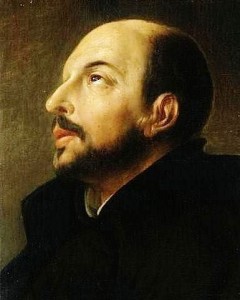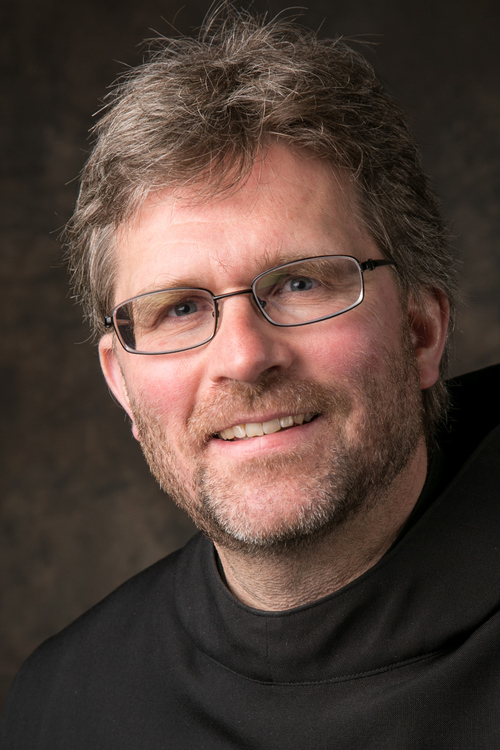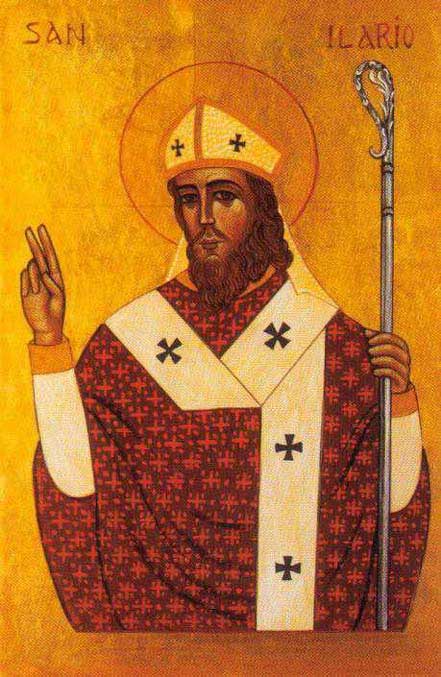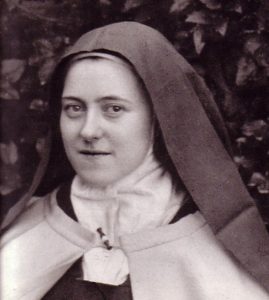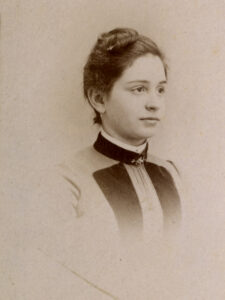Podcast: Play in new window | Download (Duration: 20:28 — 14.2MB) | Embed
Subscribe: Apple Podcasts | Spotify | Amazon Music | Android | Pandora | iHeartRadio | JioSaavn | Podchaser | Gaana | Podcast Index | Email | TuneIn | Deezer | Anghami | RSS | More
 St. Agnes, A Lamb for Christ – In Conversation With Mike Aquilina
St. Agnes, A Lamb for Christ – In Conversation With Mike Aquilina
In this classic conversation with Kris and Bruce McGregor, they discuss with Mike Aquilina the life and legacy of St. Agnes of Rome, a 12- or 13-year-old martyr who lived during the early 4th century. St. Agnes, from a noble Roman family, became renowned for her steadfast Christian faith, refusing suitors and choosing to consecrate her virginity to God. Amidst the Roman Empire’s widespread persecution of Christians, her refusal led to denunciation and martyrdom, during which she displayed extraordinary courage. Her witness inspired many, turning public opinion against the brutality of Christian persecution and fostering conversions. St. Agnes’s story emphasizes her purity, bravery, and the cultural contrast between Christian respect for life and the Roman practices of abortion and infanticide.
St. Agnes’s enduring relevance makes her a model for young girls facing cultural pressures. Her name, meaning “lamb,” symbolizes her gentle yet victorious spirit, depicted in art with a palm of martyrdom and a lamb. St. Agnes is honored in Rome with churches at her martyrdom and burial sites. Her impact spans centuries, inspiring faith and offering a powerful example of living courageously for Christ.
Discerning Hearts Reflection Questions
- The Courage of Faith: Reflect on how St. Agnes’s unwavering faith inspires you to stand firm in your beliefs despite societal pressures.
- Living as a Witness: Consider how you can witness to the Gospel in your own life, even in the face of challenges or criticism.
- The Sanctity of Life: Contemplate the value of human life in light of St. Agnes’s time and the modern issues of abortion and infanticide.
- Purity and Holiness: Think about how you can strive for purity and holiness in your thoughts, actions, and relationships.
- Sacrifice for God: Reflect on what sacrifices you are willing to make to grow closer to God and follow His will.
- Strength in Suffering: Ponder how St. Agnes’s acceptance of martyrdom encourages you to endure trials with faith and trust in God.
- Inspiration for the Young: Identify ways you can support and guide the younger generation in following St. Agnes’s example of virtue and courage.
- Martyrdom and Eucharist: Meditate on the connection between St. Agnes’s martyrdom and the Eucharist as a model of total self-giving.
- Transforming Culture: Explore how you can contribute to building a culture of life and love in a world often marked by indifference and division.
- Trust in Divine Victory: Reflect on the assurance that ultimate victory lies in God’s hands, as shown in St. Agnes’s triumph through her martyrdom.

From Wikipedia on St. Agnes
“According to tradition, Saint Agnes was a member of the Roman nobility born c. 291 and raised in a Christian family. She suffered martyrdom at the age of twelve or thirteen during the reign of the Roman Emperor Diocletian, on 21 January 304.
The Prefect Sempronius wished Agnes to marry his son, and on Agnes’ refusal he condemned her to death. As Roman law did not permit the execution of virgins, Sempronius had a naked Agnes dragged through the streets to a brothel. Various versions of the legend give different methods of escape from this predicament. In one, as she prayed, her hair grew and covered her body. It was also said that all of the men who attempted to rape her were immediately struck blind. In another the son of the prefect is struck dead, but revived after Agnes prayed for him, causing her release. There is then a trial from which Sempronius excuses himself, and another figure presides, sentencing her to death. When led out to die she was tied to a stake, but the bundle of wood would not burn, or the flames parted away from her, whereupon the officer in charge of the troops drew his swordbeheaded her, or, in some other texts, stabbed her in the throat. It is also said that the blood of Agnes poured to the stadium floor where other Christians soaked up the blood with cloths. and
The daughter of Constantine I, Saint Constance, was also said to have been cured of leprosy after praying at Agnes’ tomb.”
A prayer to St. Agnes
Let us gain courage for our own battle
by honoring the martyrdom of the glorious virgin Agnes.
St. Agnes, vessel of honor,
flower of unfading fragrance,beloved of the choirs of Angels,
you are an example to the worth of virtue and chastity.
O you who wear a Martyr’s palm
and a virgin’s wreath,
pray for us that,
though unworthy of a special crown,
we may have our names written in the list of Saints.
Mike Aquilina is a popular author working in the area of Church history, especially patristics, the study of the early Church Fathers.[1] He is the executive vice-president and trustee of the St. Paul Center for Biblical Theology, a Roman Catholic research center based in Steubenville, Ohio. He is a contributing editor of Angelus (magazine) and general editor of the Reclaiming Catholic History Series from Ave Maria Press. He is the author or editor of more than fifty books, including The Fathers of the Church (2006); The Mass of the Early Christians (2007); Living the Mysteries (2003); and What Catholics Believe(1999). He has hosted eleven television series on the Eternal Word Television Network and is a frequent guest commentator on Catholic radio.
Mike Aquilina’s website is found at fathersofthechurch.com

 Walking with Christ in Prayer – Meditation and Contemplation with Fr. Timothy Gallagher
Walking with Christ in Prayer – Meditation and Contemplation with Fr. Timothy Gallagher